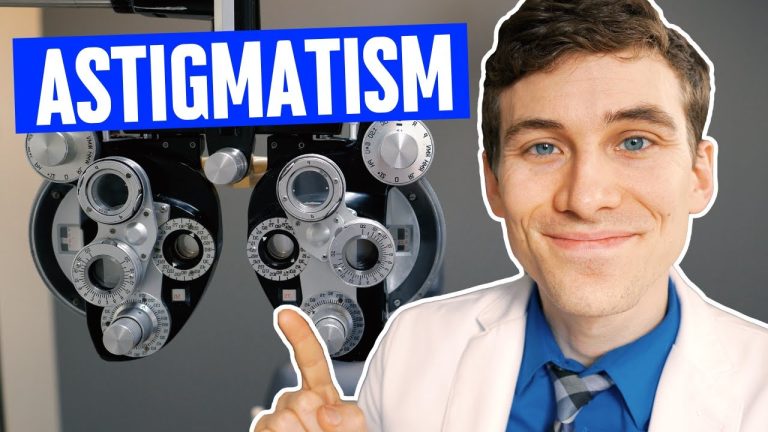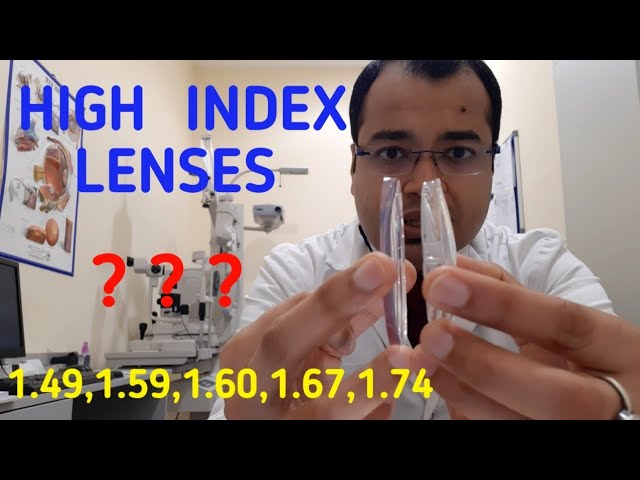The Definitive Guide to Laser Eye Surgery: Everything You Need to Know About the Procedure and How to Prepare for It
Have you ever experienced eye problems like nearsightedness, farsightedness, or an astigmatism? If yes, then you know the daily struggles that come with wearing glasses or contact lenses. Fortunately, technology has made great strides in eye care, and laser eye surgery is a popular option for many people who want to improve their vision.
During laser eye surgery, a highly skilled surgeon uses a laser to reshape your cornea, which is the clear front part of the eye. This process helps the eye to focus better and can eliminate or reduce your need for glasses or contact lenses.
The Different Types of Laser Eye Surgery
There are several different types of laser eye surgery available, all of which can help treat common vision problems:
- PRK (Photorefractive Keratectomy)
- LASEK (Laser Epithelial Keratomileusis)
- LASIK (Laser-Assisted in Situ Keratomileusis)
- SMILE (Small Incision Lenticule Extraction)
Each type of laser eye surgery uses a slightly different technique to reshape the cornea. During a consultation with your eye doctor, they will be able to recommend which treatment is best for your specific needs.
The Risks and Benefits of Laser Eye Surgery
As with any medical procedure, there are risks and benefits associated with laser eye surgery. Some of the benefits include:
- Improved vision without the need for glasses or contact lenses
- Quick, painless procedure with a short recovery time
- Enhanced quality of life with increased freedom and convenience
However, there are also potential risks to consider, such as:
- Temporary or permanent visual disturbances, such as halos or glare
- Dry eyes or other complications with the tear ducts
- Infection or other complications during or after surgery
- Regression, which is when vision begins to worsen again over time
Choosing a Reputable Surgeon
When it comes to laser eye surgery, one of the most important factors is choosing a reputable surgeon. You want someone who is highly skilled and experienced in this type of procedure. Some things to consider when looking for a surgeon include:
- Their qualifications and credentials
- The number of surgeries they have performed
- Patient reviews and testimonials
- The type of equipment and technology they use
By taking the time to find a qualified surgeon, you can help ensure a successful outcome and enjoy the benefits of improved vision.
Contents
Most wanted in Hoya Vision:
What brand lenses does Costco use?
Hoya Lens Engravings
What’s the rarest eye color?
Which lens is better Alcon or Johnson and Johnson?
How to Choose the Right Temple Type for Your Glasses
Hoya Sensity Vs Transitions Xtractive
What’s the difference between 1.5 and 1.6 lenses?
1.53 Trivex Impact Resistant
What lenses do Costco use?
Should eyeglasses cover eyebrows?
















